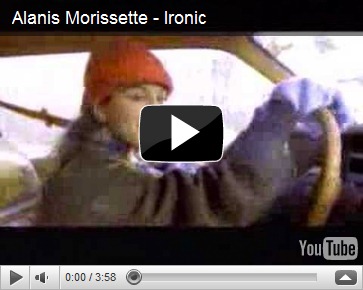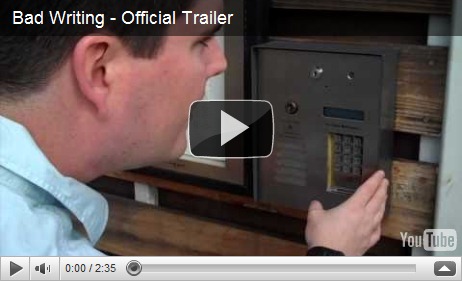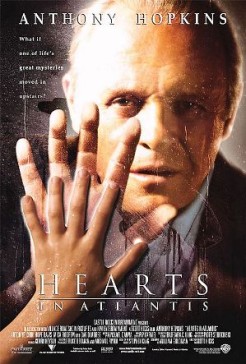My wife recently watched Red Dawn for the first time. It’s my best friend’s favorite movie of all time, and while I like it, it has issues.
Most glaring was the brother’s decision to attack the Russian-held town at the end of the film in order to create a distraction so that the last two members of their insurgent band could escape to Free America.
A diversion?
Had the Russians really sealed off tens of thousands of square miles of mountain terrain so tightly that a two-man attack on a town in the middle of the night would cause those Russian-held lines to open up?
I don’t think so.
But I digress.
It’s the opening the scene of the film that I want to address today. In it, Russian and Cuban paratroopers descend upon a high school in Calumet, Colorado. We see them landing from the interior of a classroom, where a history teacher is teaching a class of disinterested students. In mid-sentence, the teacher notices the paratroopers and assumes that they are US soldiers who have landed off course on a training mission. When he goes outside to investigate, he is shot and killed.
The war has begun.
And the kids never hear the end of the lesson.
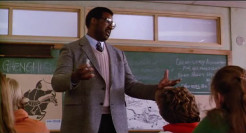
This is what I call a Red Dawn Moment.
A Red Dawn Moment is any interruption that permanently prevents a person from completing an important task or garnering desired information.
When Stephen King was struck by a car and initially reported killed in 1999, I thought that his Red Dawn moment had come. In the midst of writing his Dark Tower series, a distracted driver had come along and prevented King from finishing his opus and prevented readers from ever learning the fate of Roland and his band of gunslingers.
Last weekend I judged the American Legion State Oratorical Contest in East Hartford, Connecticut. At the end of the contest, the two finalists were asked to rise so that the winner could be announced. But while the boys remained standing, awaiting their fate, two other Legionnaires delivered short speeches, making the wait for the winner feel excruciatingly long to me and most assuredly painful for the two finalists.
I’ve been in situations like this before, standing and waiting to discover if I had won, and they are long, awkward and painful moments indeed.
While waiting for the Legionnaire speeches to conclude, I thought about the idea of a Red Dawn Moment happening right then and there. I wondered what it would be like if Russian soldiers suddenly threw open the doors to the auditorium, announcing the start of World War III with machine gun fire and exploding grenades. The boys would duck as bullets flew and struck ancillary characters on stage. Audience members would flee for the exits, only to be gunned down by an anonymous Russian carrying an M-16.
Not me, of course. I would keep my head down and make a timely escape when no one was looking. The storyteller always survives.
Eventually, the two finalists would escape through a door behind the stage, where they would team up with the surviving oratorical contestants (including the two female contestants in order to provide a love interest) and head for the low-lying, somewhat populated Connecticut hills to wait the end of the war.
Through it all, neither boy would ever know who had won the contest. Tempers would eventually flare over the rationing of supplies and the decision to head into town for news, and when they did, the questions over who had won the oratorical contest would arise again. A well-prepared, eight-minute debate would ensure, followed by a five minute off-the-cuff rebuttal, but no matter who was declared the winner, questions would remain. The mystery over who had won the contest would remain a subplot for the entire war, or at least until the two finalists were stupid enough to march back into Hartford armed with machine guns and soldier-launched missiles, intent on creating a diversion so that their remaining oratorical companions (one female and one male) could escape over the Connecticut line into Free Rhode Island.
That, my friends, if the kind of Red Dawn moment that runs through my head on an almost daily basis.
The lesson:
Don’t keep people waiting. You never know when World War III will begin.
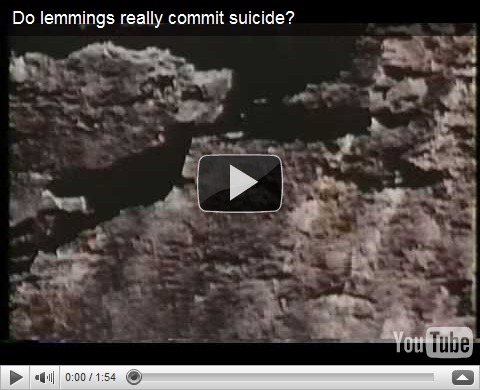
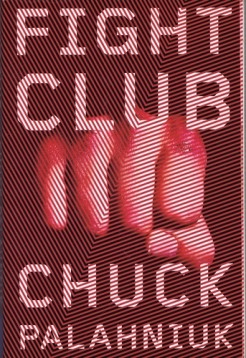
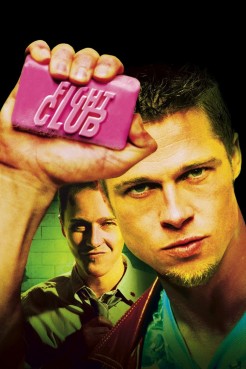

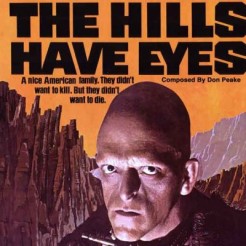
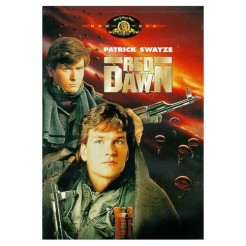



![Subliminal Sex Sells of the Day: And the tradition lives on.
[superpunch.]](http://30.media.tumblr.com/tumblr_lgl3odo9vb1qzpwi0o1_500.jpg)





